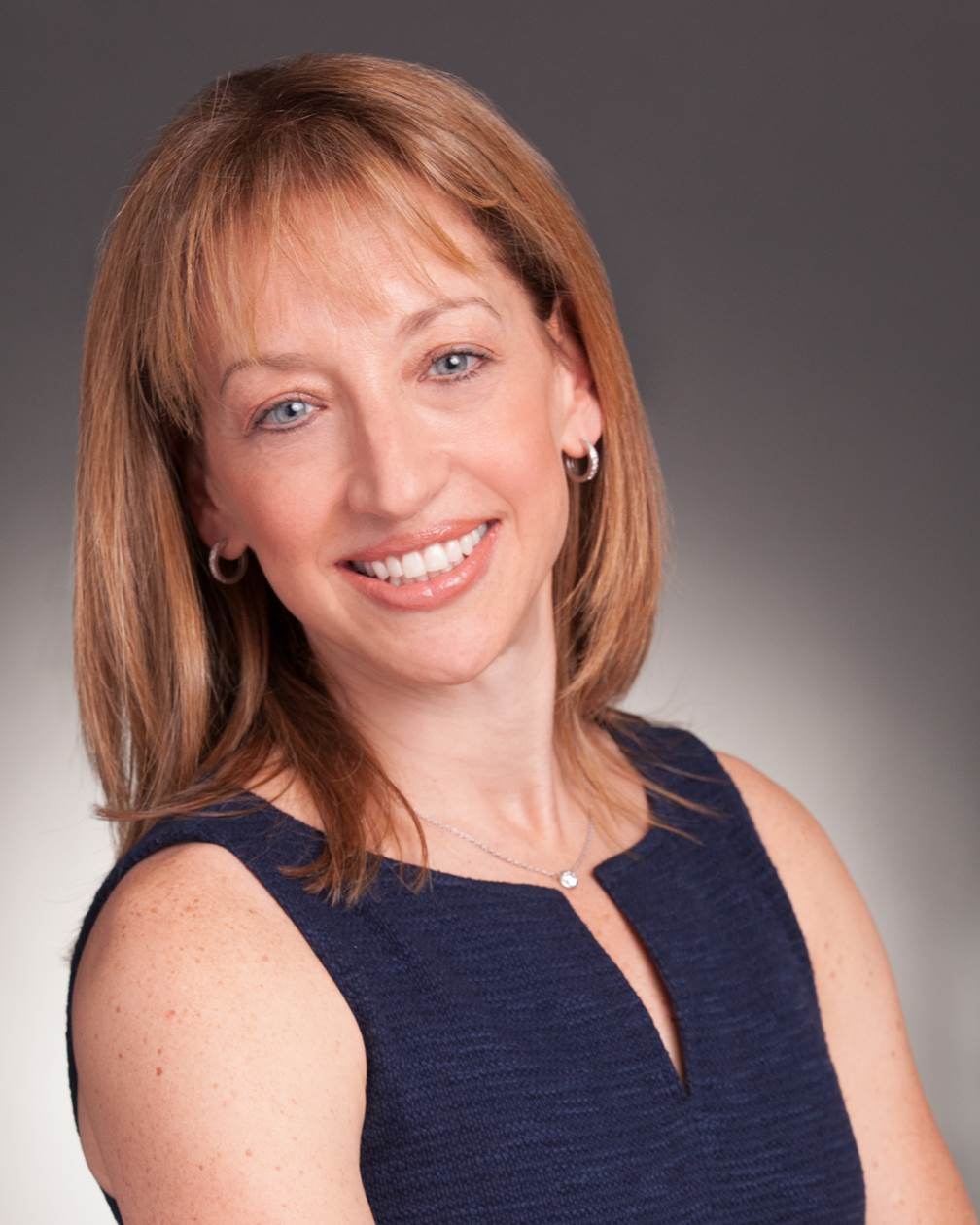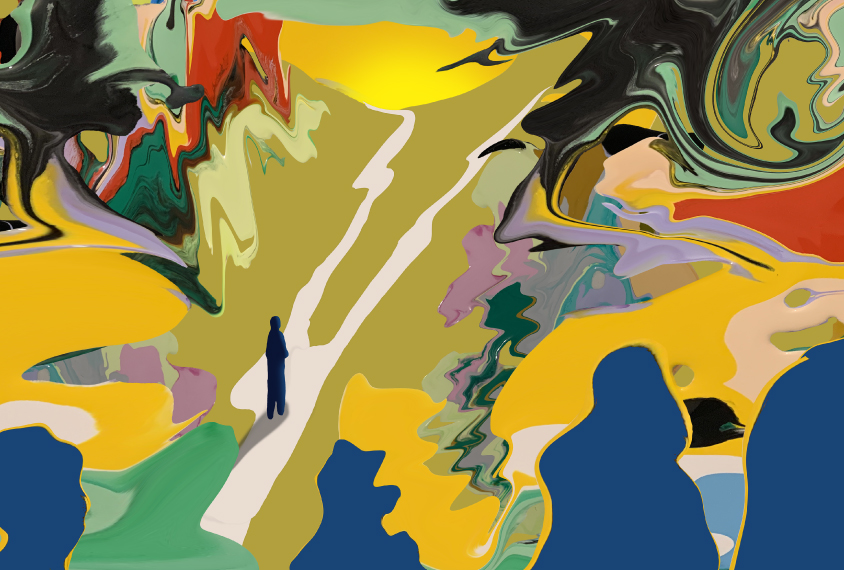
Alison Singer
President
Autism Science Foundation
From this contributor
It’s time to embrace ‘profound autism’
My experience at the Autism-Europe International Congress — and as a parent of a child with profound autism — makes me more convinced than ever that we need to bifurcate the diagnosis of ‘autism spectrum disorder’ and add a new diagnosis of ‘profound autism’ to better serve this vulnerable population.
Portrayals of autism on television don’t showcase full spectrum
Television characters with autism look dramatically different from the majority of people who have the condition.

Portrayals of autism on television don’t showcase full spectrum
The case for brain donation
We can't get back the tissue lost in the Harvard freezer malfunction, but we can try to create something positive from this tragic event, says Alison Singer.
Explore more from The Transmitter
Machine learning spots neural progenitors in adult human brains
But the finding has not settled the long-standing debate over the existence and extent of neurogenesis during adulthood, says Yale University neuroscientist Juan Arellano.

Machine learning spots neural progenitors in adult human brains
But the finding has not settled the long-standing debate over the existence and extent of neurogenesis during adulthood, says Yale University neuroscientist Juan Arellano.
Xiao-Jing Wang outlines the future of theoretical neuroscience
Wang discusses why he decided the time was right for a new theoretical neuroscience textbook and how bifurcation is a key missing concept in neuroscience explanations.
Xiao-Jing Wang outlines the future of theoretical neuroscience
Wang discusses why he decided the time was right for a new theoretical neuroscience textbook and how bifurcation is a key missing concept in neuroscience explanations.
Memory study sparks debate over statistical methods
Critics of a 2024 Nature paper suggest the authors failed to address the risk of false-positive findings. The authors argue more rigorous methods can result in missed leads.

Memory study sparks debate over statistical methods
Critics of a 2024 Nature paper suggest the authors failed to address the risk of false-positive findings. The authors argue more rigorous methods can result in missed leads.

